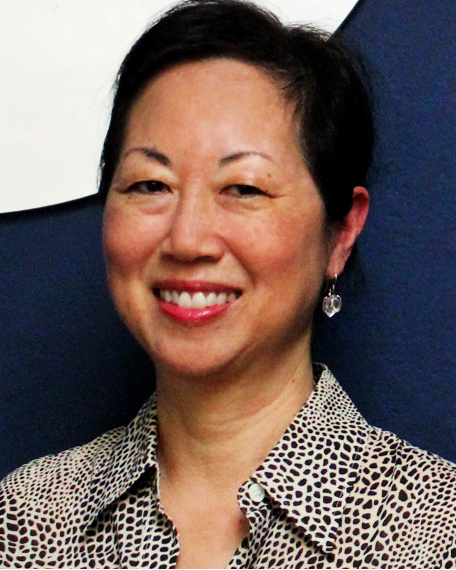Best of CounterSpin 2022
CounterSpin

https://media.blubrry.com/counterspin/content.blubrry.com/counterspin/CounterSpinBestOf2022.mp3
All year long CounterSpin brings you a look, as we say, behind the headlines of the mainstream news. We hope both to shine some light on aspects of news events—perspectives of those out of power, relevant but omitted history—important things that might be pushed to the side or off the page entirely in elite media reporting. But it's also to remind us to be mindful of the practices and policies of corporate news media that make it an unlikely arena for an inclusive, vital debate on issues that matter—that we need.
CounterSpin is thankful to all of the activists, researchers, reporters and advocates who appear on the show. They help us see the world more clearly as well as the role we can play in changing it. This is just a small selection of some of them.
 Rakeen Mabud
“Supply Chain Mayhem Will Likely Muck Up 2022”—that New York Times headline got us off to a start of a year of actual hardship, and a lot of obfuscation about that hardship's sources (2/1/22). The pandemic threw into relief many concerns that it did not create—and offered an opportunity to address them in a serious and not a stopgap way. Rakeen Mabud is chief economist and managing director of policy and research at Groundwork Collaborative. We talked with her early in the year.
 Bryce Greene
The ease with which US media step into saber-rattling mode, the confidence as they soberly suggest people other than themselves might just need to be sent off to a violent death in service of something they can only describe with vague platitudes, should be disturbing. Bryce Greene’s piece, “What You Should Really Know About Ukraine,” got more than 3,000 shares on FAIR.org.
The Peace Corps issued a press release warning that African Americans looking to support Ukrainians should accept that they might face racism—because of sooprise, sooprise of how we're portrayed in US media.
 Layla A. Jones
We talked about the basic story the world and the US hears about Black people, thanks to journalism—with Layla A. Jones, reporter at the Philadelphia Inquirer. She's part of the papers' “A More Perfect Union” project, online at Inquirer.com.
As US media showed there is no playbook too dusty to pull out with their anti-Asian Covid coverage, we talked with Helen Zia, co-founder of American Citizens for Justice, and author of, among other titles, Asian-American Dreams: The Emergence of an American People, the 40th remembrance and rededication at VincentChin.org.
 Jeannie Park
Of a piece with elite media's denial that racist harm is still meaningfully happening is the flicking away of efforts—decades long, thoughtful, inclusive efforts—to address that harm. We talked with Coalition for a Diverse Harvard‘s Jeannie Park about affirmative action at Harvard University.
 Sumayyah Waheed
In September of this year, CNN hired John Miller as “chief law enforcement and intelligence analyst,”—a clear message to Muslim communities and anyone who cares about them—given that as deputy commissioner of intelligence and counter-terrorism for the New York Police Department, Miller told a New York City Council meeting that “there is no evidence” that the NYPD surveilled Muslim communities in the wake of September 11, 2001—”based,” he said, “on every objective study that’s been done.” We listened, instead, to Sumayyah Waheed, senior policy council at Muslim Advocates.
CounterSpin listeners understand that the news media situation in this country works against our democratic aspirations. There are so many problems crying out for open, inclusive conversation, in which those with the most power don’t get the biggest megaphone, leaving the vast majority outside of power to try and shout into the dominant noise, or try to find the space to talk around it.
Corporate media work hard, will always work hard, to tell us that it's their way or the highway….it's just not true.
 Mike Rispoli
One of many projects we should know about that show us a way forward is one in New Jersey—that didn't talk about shoring up old media outlets, which are for sure suffering… but about instead about invigorating community information needs—a very different thing! The New Jersey Civic Information Consortium uses public funding to support more informed communities. We talked with an early mover on the project Mike Rispoli, senior director of journalism policy Mike Rispoli at Free Press.
|
